On March 28, Chinese e-commerce giant Alibaba announced its “biggest overhaul in 24 years.”
News of the restructuring comes shortly after co-founder Jack Ma returned to mainland China. Ma has spent much of his time abroad and has kept a low profile since the Chinese government began clamping down on major tech companies in late 2020.
“Jack Ma’s reappearance seems like a planned media event to boost market sentiment at a critical time,” said Brock Silvers, chief investment officer at Kaiyuan Capital.
The effect was evident, as Alibaba shares rose 12% in Hong Kong and 14% on Wall Street overnight, leading gains for tech stocks in the Asia- Pacific region.
Alibaba's split plan has helped the group's shares recover and brought in $47 billion in market value in less than a week, according to Bloomberg.

Alibaba founder appeared simply at the school he founded in Hangzhou, China on March 27. Photo: CNN
1+6+N structure
Billionaire Jack Ma is the man who led the breakup of the e-commerce empire he built, according to the Wall Street Journal. Although he stepped down as CEO of Alibaba in 2019, he remains an influential figure at the company and is active in deciding the company's strategy.
In recent months, he has called Alibaba's top executives, including current chairman and CEO Daniel Zhang, urging them to split the company to become more competitive in China's increasingly competitive market, according to the Wall Street Journal.
Alibaba’s new structure is called “1+6+N”. Specifically, Alibaba Group will establish 6 companies: Cloud Intelligence Group (cloud computing), Taobao Tmall Commerce Group (domestic e-commerce), Global Digital Commerce Group (global e-commerce), Local Services Group (digital maps and food delivery), Cainiao Smart Logistics (logistics services), Digital Media and Entertainment Group (digital media and entertainment).
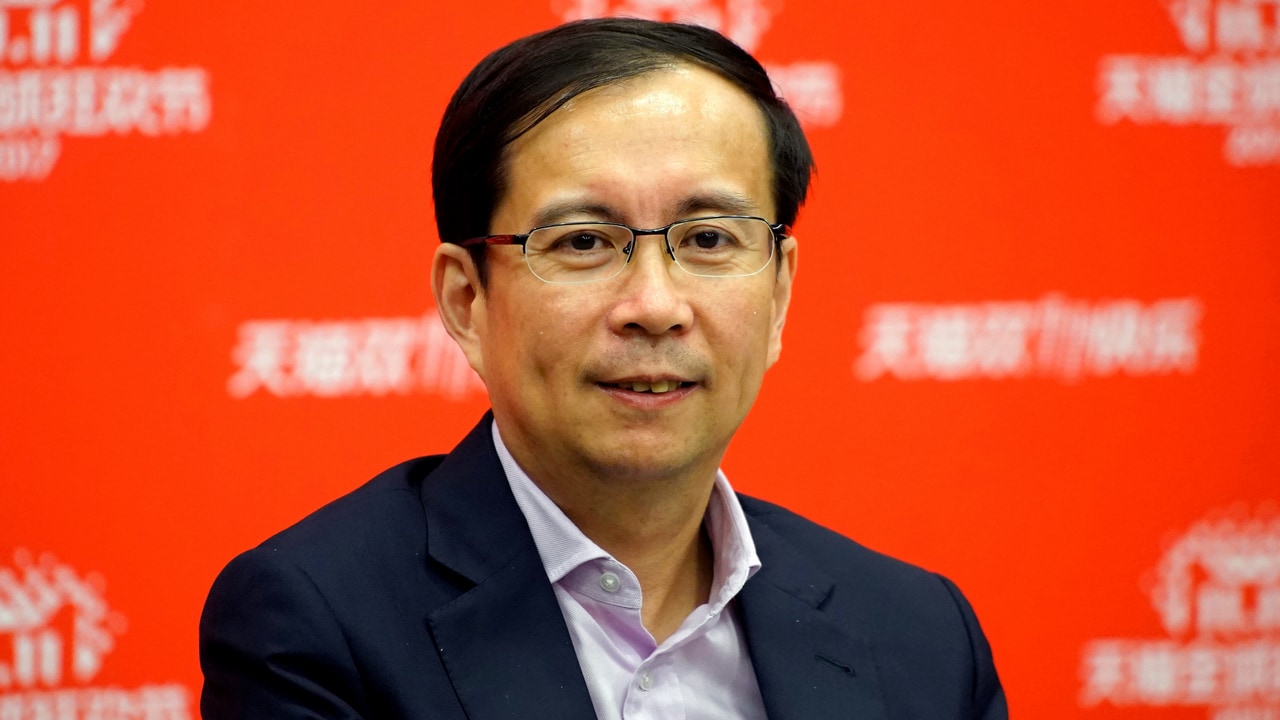
Mr. Daniel Zhang continues to hold the position of chairman and CEO of Alibaba after the group is restructured. Photo: firstpost.com
Meanwhile, “N” refers to the group’s business units such as the healthcare division Alibaba Health, the grocery and catering chain Hema Fresh, as well as companies to be established in the future.
“The initial and fundamental purpose of this restructuring is to help businesses “become more agile, enhance decision-making capabilities and enable faster responses to market changes,” Alibaba CEO Daniel Zhang said in a letter to employees.
Mr. Zhang will continue to serve as chairman and chief executive officer of Alibaba Group, as well as executive director of Cloud Intelligence Group.
Each of the six entities will have its own CEO and board of directors, and its own timeline for fundraising and going public. Additionally, any reputational damage to one unit will likely not affect the others.
However, Taobao's Tmall commerce company will remain a wholly owned unit of Alibaba Group.
In addition, Alibaba will continue to evaluate the strategic importance of these six subsidiaries after the IPO to “decide whether to continue to maintain control” in a meeting with investors on March 30.
Reversal Expectations
If done right, Alibaba's restructuring could usher in a new era for Chinese stocks, offering investors in the world's second-largest economy a chance to make money.
China is still an emerging market economy, so it has yet to create the same institutions and policies as developed countries, such as a well-regulated, transparent stock market where listed companies enhance shareholder value.
That is why investing in Chinese stocks is much more complicated than investing in stocks from developed countries like the US.
Like other emerging markets, China's stock market goes through booms followed by prolonged downturns, with winners quickly turning into losers.
Alibaba’s journey is a case in point. For years, the e-commerce pioneer enjoyed a monopoly and quickly became one of the companies that shaped China’s internet economy.
Thanks to a number of competitive advantages such as scale, network reach and close relationships with regulators, Alibaba has become a conglomerate described as a combination of famous e-commerce platforms such as Amazon.com, e-Bay and PayPal.
However, the Chinese government's efforts to curb the monopoly of domestic technology companies resulted in Alibaba paying a $2.8 billion fine.
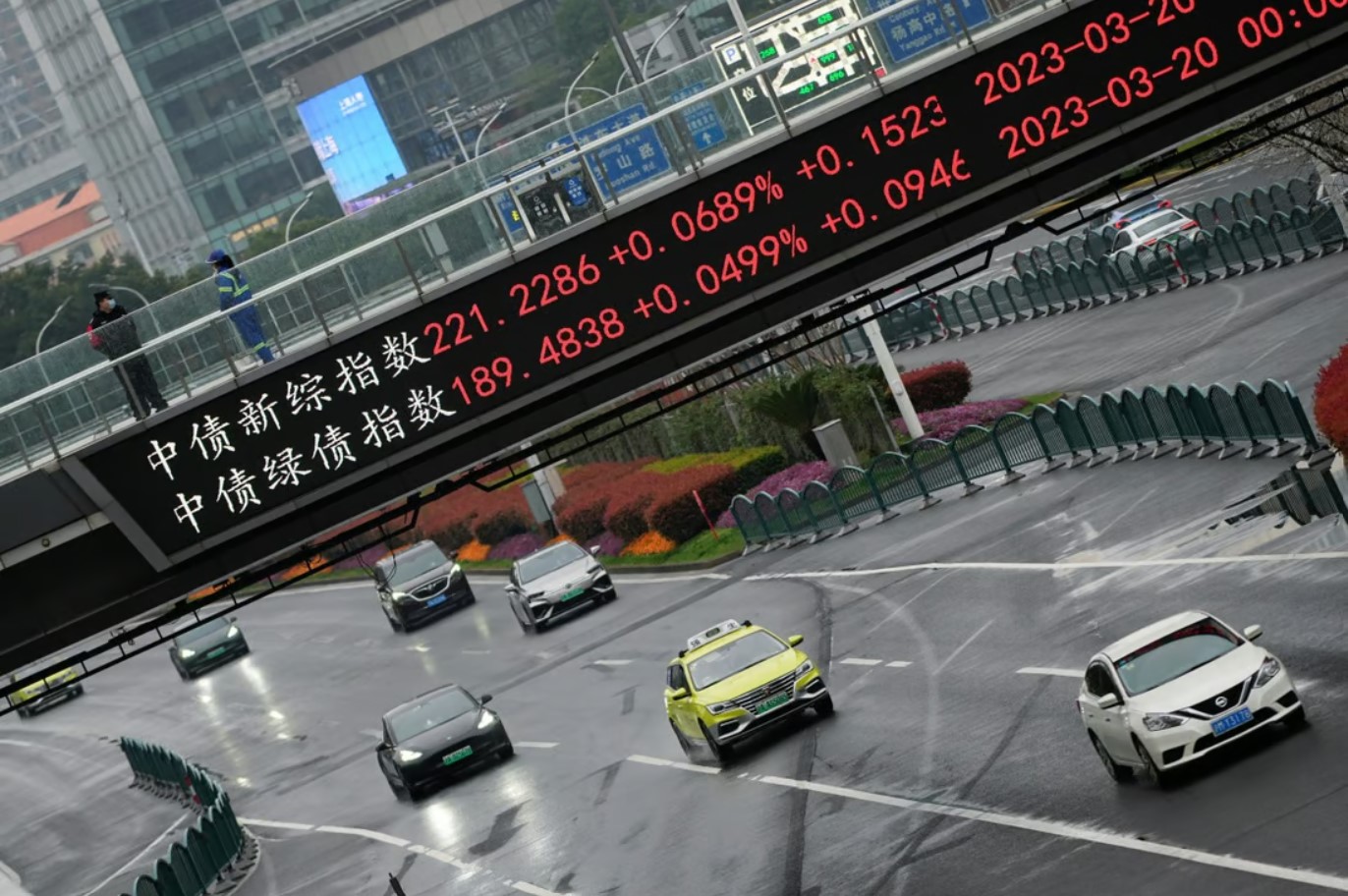
Chinese stock indexes are displayed on a bridge at the Lujiazui financial district in Shanghai, China, March 21. Photo: SCMP/Reuters
Chinese regulators later also thwarted the initial public offering (IPO) of Ant Group, a subsidiary, and its prospects of expanding its presence in the financial sector.
Not only Alibaba, but also tech giants like Tencent and Baidu have been targeted, causing their stocks to fall for a long time, spreading to other areas of the Chinese stock market.
Alibaba's planned split therefore signals a significant change in China's regulatory regime and could present a headwind for the company.
First, it would address the disadvantages associated with large corporate organizations, such as increasingly bureaucratic management and rising monitoring costs.
Second, it will allow these entities to tap the financial markets for additional capital through IPOs.
That could fuel renewed enthusiasm among domestic and foreign investors for Chinese stocks, signaling the start of another bull market .
Nguyen Tuyet (According to Eurasia Review, WSJ, IB Times)
Source




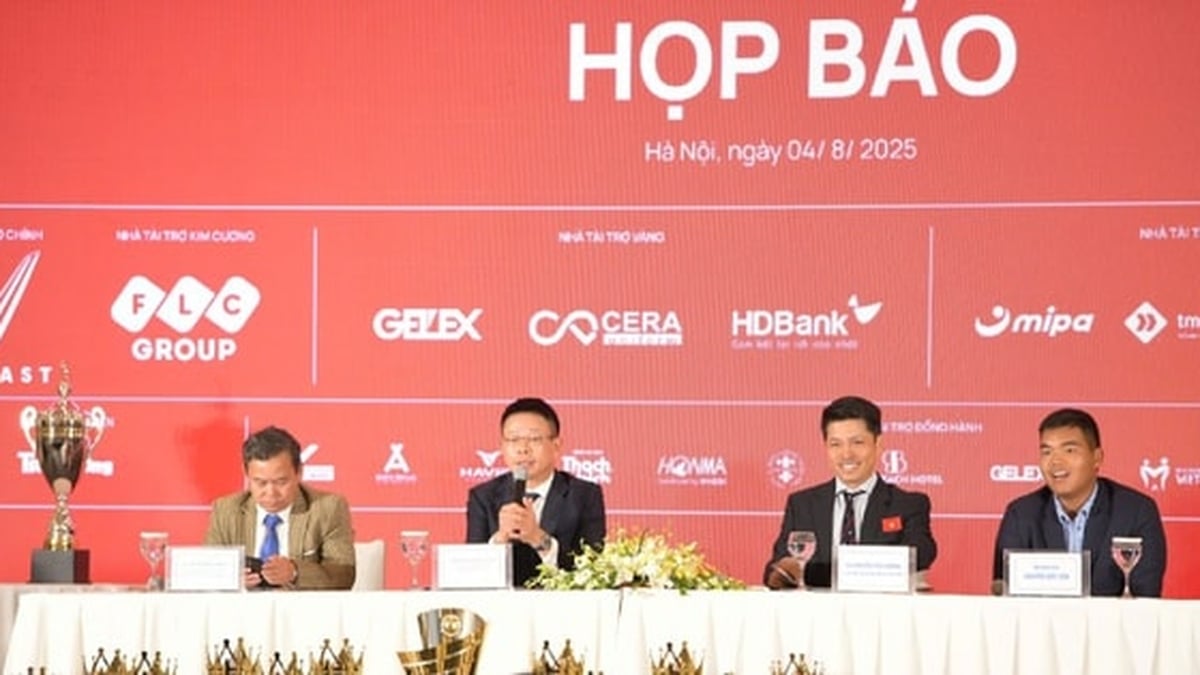


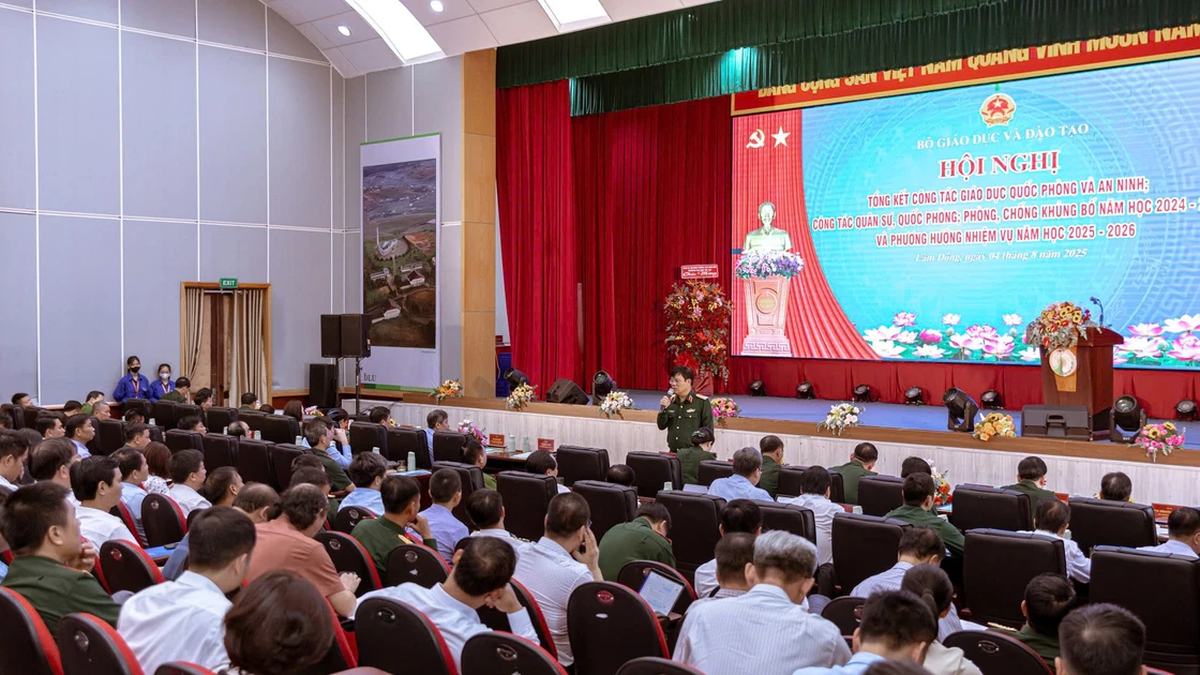















































![[Maritime News] Two Evergreen ships in a row: More than 50 containers fell into the sea](https://vphoto.vietnam.vn/thumb/402x226/vietnam/resource/IMAGE/2025/8/4/7c4aab5ced9d4b0e893092ffc2be8327)




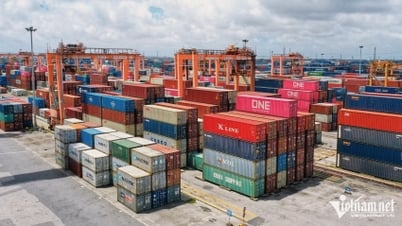





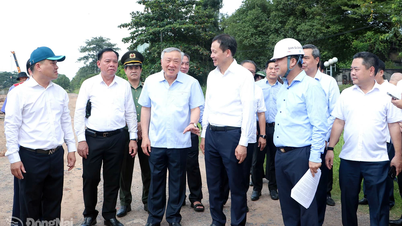







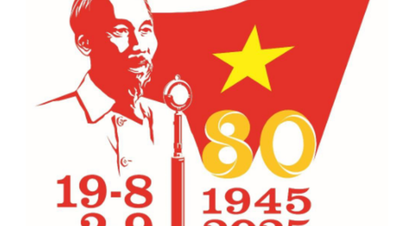

























Comment (0)